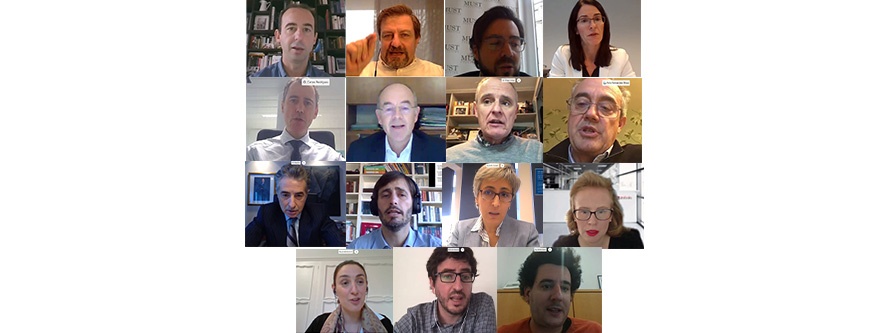Online training on “Public advice strategies and dialogue with European institutions
On November 17th and 18th, the Official Spanish Chamber of Commerce in Belgium and Luxembourg organised the second edition of the “Public advice strategies and dialogue with European institutions” course, aimed exclusively at Spanish companies and associations. Due to the health measures in force in Belgium following Covid-19, the training was held in virtual format.
About twenty 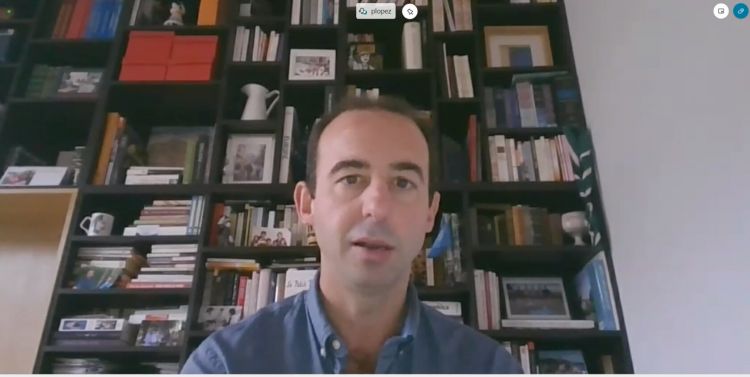 representatives of Spanish companies and sector associations participated in the training, interested in learning first-hand about the tools that will allow them to establish an effective dialogue with the various institutions of the European Union, anticipate regulator
representatives of Spanish companies and sector associations participated in the training, interested in learning first-hand about the tools that will allow them to establish an effective dialogue with the various institutions of the European Union, anticipate regulator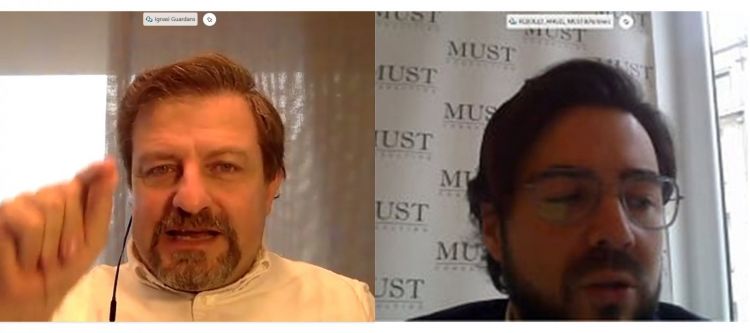 y risks and opportunities and effectively influence the various phases of the legislative process.
y risks and opportunities and effectively influence the various phases of the legislative process.
The training was held by prestigious professionals from multinationals, business organisations, Spanish reference bodies, as well as members of the different European institutions.
The first session began with an introduction by Pablo López Álvarez, Vice-President of the Chamber and Senior Managing Director of FTI Consulting, who presented the training programme and gave an overview of the dialogue with the European institutions. Afterwards, the European affairs consultant, Ignasi Guardans, gave a general overview about the institutional structure of the EU, its adjacent ecosystem, and the reality behind the legislative process.
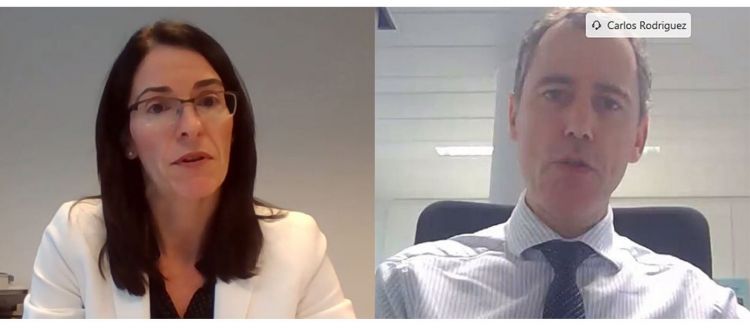 After that, the European public affairs consultant Ángel Rebollo from Must & Partners intervened and presented the role of the consultancy firms around the European institutions, the impact that Covid-19 has had and the perspectives after it.
After that, the European public affairs consultant Ángel Rebollo from Must & Partners intervened and presented the role of the consultancy firms around the European institutions, the impact that Covid-19 has had and the perspectives after it.
The session continued with the Permanent Delegate of the CEOE in Brussels, Patricia Cirez, who provided the perspectives of national business associations to the EU and the basic tools for monitoring and, where appropriate, contributing to the legislative process. Her presentation was followed by Carlos Rodriguez Cocina, Director of European Regulation and of the Brussels Office of Telefónica, who presented the functions linked to public affairs directors and the relationship with other actors in companies in highly regulated sectors. Besides it, Bert Dehandschutter, lawyer at Racine Advocaten, 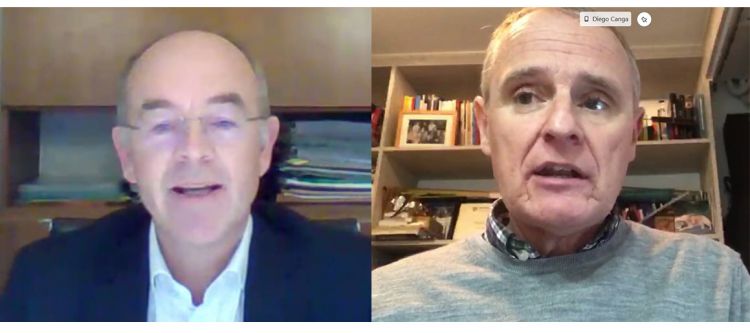 briefly presented some advice on the legal process to be followed for the opening of a representative office in Brussels.
briefly presented some advice on the legal process to be followed for the opening of a representative office in Brussels.
The day was completed with speeches by Diego Canga, head advisor, and Félix Fernandez-Shaw, Director of International Cooperation and Development Policy, who outlined the reality of the European Commission’s work in its field of competence and its 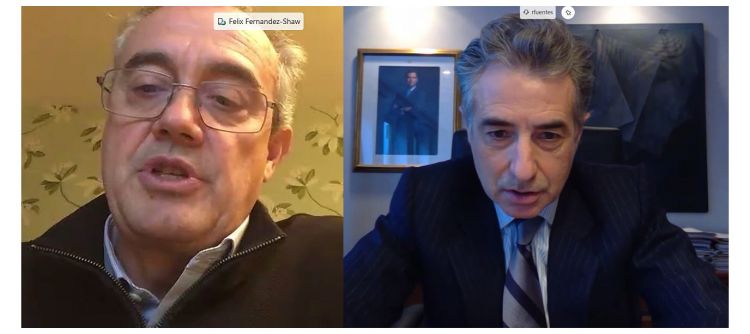 relationship with the various stakeholders.
relationship with the various stakeholders.
The second session began with Raúl Fuentes Milani, Deputy Permanent Ambassador Representative of Spain to the EU, who explained the structure and work of the Council of the European Union and the European Council in the regulatory process, as well as gave some insights of the process of negotiations both between Member States and between institutions.
Afterwards, Ignacio Sánchez-Recarte, Secretary General of the European Wine Companies Committee (CEEV), presented the role of the sectorial business associations and the strategies used to approach the European institutions in the legislative process. Then, Ruth Estrada, Partner of Schuman Associates, 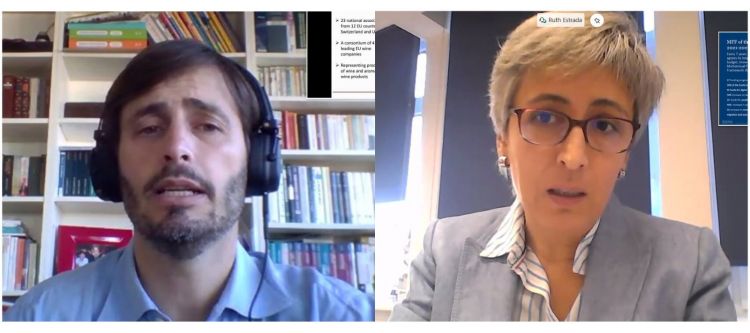 and Marie Latour, Director of the Zabala Innovation Consulting Brussels office, presented the various funding opportunities for companies through European projects such as Horizon Europe or the future recovery and resilience funds.
and Marie Latour, Director of the Zabala Innovation Consulting Brussels office, presented the various funding opportunities for companies through European projects such as Horizon Europe or the future recovery and resilience funds.
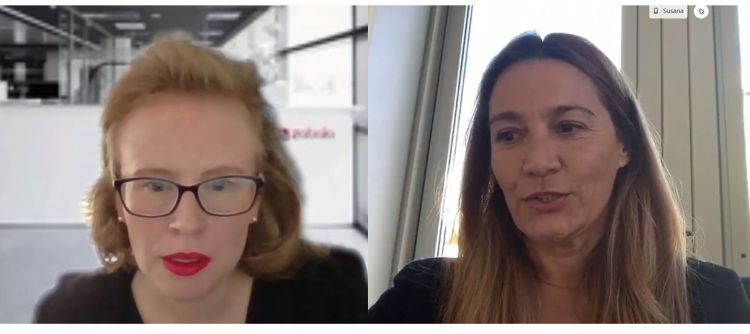 Susana Solis, MEP for Renew Europe, presented the activity of the European Parliament and the day-to-day work of MEPs in regulatory activity. In this legislative activity, Solís highlighted the great value for parliamentarians of knowing first-hand the impressions and realities of companies and sectors in order to calibrate possible regulatory impacts.
Susana Solis, MEP for Renew Europe, presented the activity of the European Parliament and the day-to-day work of MEPs in regulatory activity. In this legislative activity, Solís highlighted the great value for parliamentarians of knowing first-hand the impressions and realities of companies and sectors in order to calibrate possible regulatory impacts.
The conference ended with presentations by Giuseppina Curreli, Director of International Affairs at Vinces Consulting, who highlighted the vital importance of the EU transparency register for companies and institutions; Luis Simón, Director of the Brussels office of the Real Instituto Elcano and lead researcher, who presented the role of think tanks and the current status of Spanish influence in the EU; and Xavier Quer Pietx, Manager of everis, who detailed the key points for accessing European public contracts.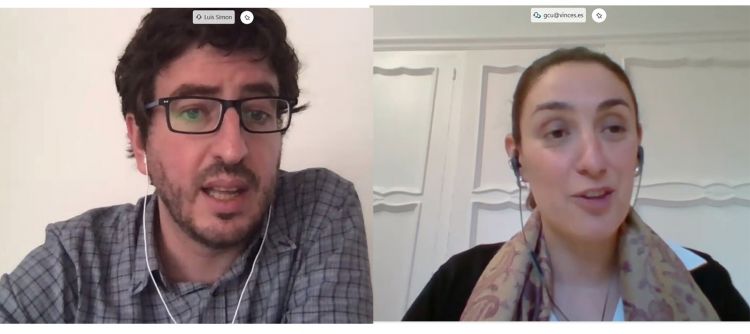
The training was closed by Marta González Benguria, General Secretary of the Chamber, who thanked all the speakers and attendees for their participation in this second edition of the course and highlighted the role played by the Official Spanish Chamber of Commerce in 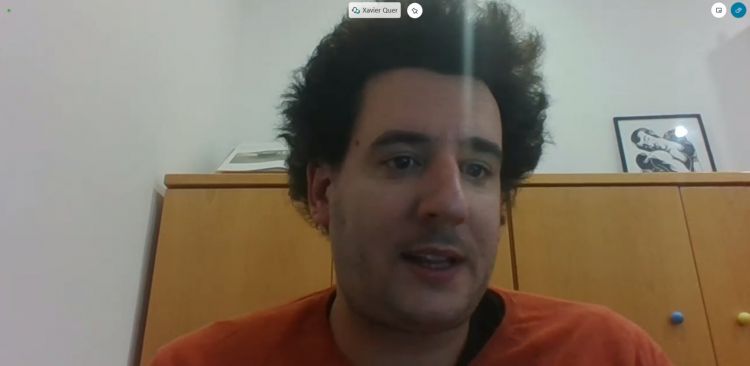 Belgium and Luxembourg as a support entity for Spanish companies interested in defending their interests in Europe.
Belgium and Luxembourg as a support entity for Spanish companies interested in defending their interests in Europe.

